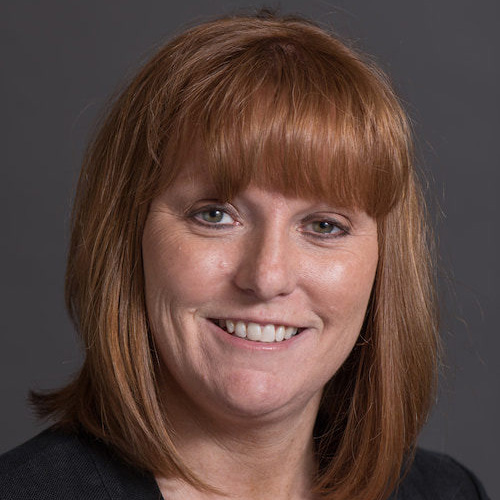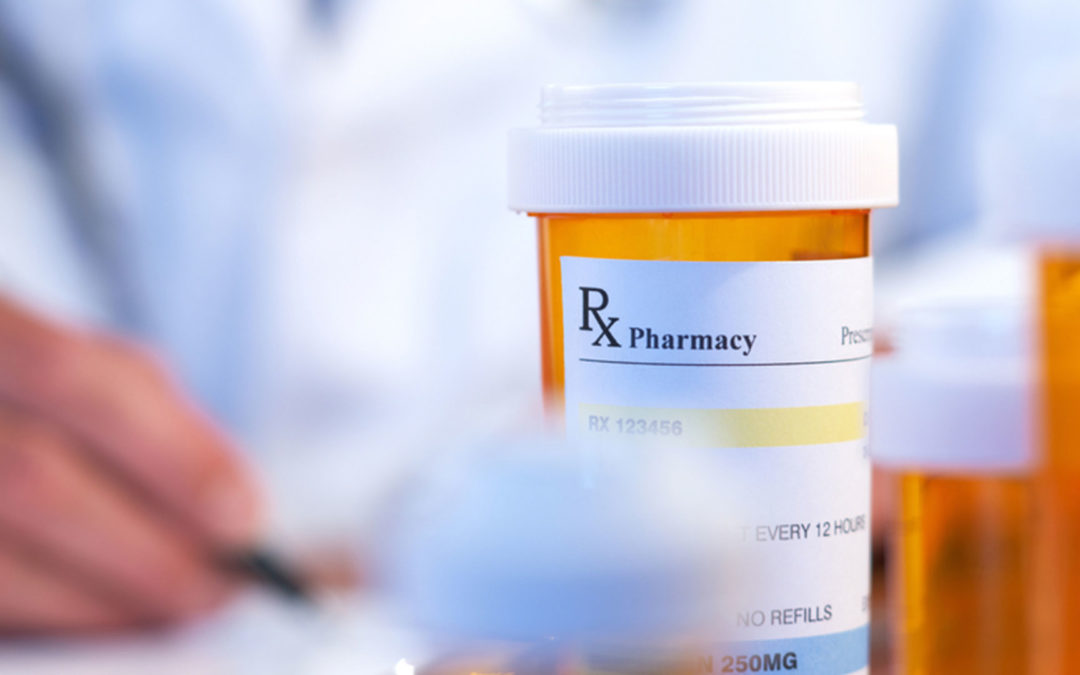While these are national statistics, it’s important to know that there is an increase in prescription drug abuse in Lincoln and throughout Nebraska. As alcohol and drug abuse treatment professionals, we at the Bryan Independence Center are seeing more adolescents entering treatment with multiple substance use issues including prescription drug use.
The most common prescription drugs abused by adults and adolescents are:
- Oxycontin
- Xanax
- Hydrocodone
- Valium
Many of these prescription drugs are obtained from friends and family members. It is important for everyone to understand the seriousness of prescription drug abuse, which can result in death.
Here are answers to some of the most common questions about prescription drug abuse.
What is prescription drug abuse?
This is when a person takes medication in a different way or for a different reason than intended by the doctor that prescribed it. It may be the person’s own prescription or someone else’s prescription.
Why is this happening?
People abuse prescription drugs for all kinds of reasons – to get high, because they think a stimulant will help them study better, because prescription drugs seem safer than illegal drugs, because of an accidental addiction following medical treatment.
Often people don’t view legally obtained prescription drugs as dangerous or problematic. This fuels denial that there may be a problem with abuse or addiction.
How do people get started taking prescription medications?
- It often starts with very real medical issues such as pain, anxiety or sleep problems
- Medications prescribed after surgery
- Prior abuse of legal/illegal substances and a desire to experience a mood altering effect
What are the most commonly abused prescription drugs?
- Opioids: Used to treat pain (Hydrocodone, Methadone, Oxycodone and Oxymorphone)
- Central Nervous System Depressants/Sedatives: Used to treat anxiety and sleep issues (Xanax, Valium, Ativan and Klonopin)
- Stimulants: Used to treat ADHD and sleep problems like narcolepsy (Ritalin, Adderall and Concerta)
Where do people get these prescription drugs?
- Friends or relatives
- Parent’s or grandparent’s medicine cabinet
- Physician – prescribed by one doctor
- ‘Doctor shopping’ – going to several doctors to have multiple prescriptions prescribed
- Illegal online pharmacies
Should I be concerned that taking certain medications could lead to addiction?
Whether someone becomes addicted to a drug depends on many factors such as your genetic makeup, family history and environment. Each person is different. It is important to talk to your doctor about safe medications to take, especially if you are struggling with an addiction or have a predisposition to addiction based on family history.
Here are steps you can take to prevent prescription drug abuse:
- Always follow your doctor’s directions for taking prescription medications. Do not take more than the dose prescribed by your doctor or extend the amount of time you continue taking the medication
- Do not share your prescription medications with others
- Keep prescription medications, especially those most commonly abused, locked up so that others aren’t tempted to take them
- Dispose of prescription medications you no longer need to take; the best way to do this is to place them in a plastic bag and crush them, then add water, coffee grounds, cat litter or sawdust, and place in the trash
What are the signs of prescription drug abuse?
Opioids (narcotic pain killers): Constipation, nausea, feeling high (euphoria), slowed breathing, pain with higher doses, drowsiness, confusion, poor coordination, slurred speech, clammy skin, pinpoint pupils and low blood pressure.
Opioids (narcotic pain killers): Constipation, nausea, feeling high (euphoria), slowed breathing, pain with higher doses, drowsiness, confusion, poor coordination, slurred speech, clammy skin, pinpoint pupils and low blood pressure.
Sedatives: Drowsiness, confusion, unsteady walking, slurred speech, poor concentration, problems with memory, possibly dilated pupils and slowed breathing.
Stimulants: Reduced appetite, agitation, high body temperature, flushed skin, sweating, dry mouth, insomnia, high blood pressure, irregular heartbeat, anxiety, paranoia and dilated pupils.
Other Signs: Stealing, forging or selling prescriptions, taking higher doses than prescribed, excessive mood swings or hostility, increase or decrease in sleep, poor decision making, appearing to be high, unusually energetic or sedated, continuously ‘losing’ prescriptions so more prescriptions must be written and seeking prescriptions from more than one doctor.
What should I do if I’m concerned about prescription drug abuse for myself or a loved one?
Seek information and assistance from experts. There may or may not be a problem, but the best thing you can do is talk to an expert to find out. Like any other addiction, prescription drug abuse requires therapeutic treatment and ongoing support.
Bryan Independence Center Can Help
We are here to answer your questions, support you, not judge you, and if needed, provide treatment so that those who are struggling with prescription drug abuse can begin to manage in a healthier way and regain their lives. If you have questions, contact us.

Brenda Mueller
Health Expert
Brenda Mueller is with the Bryan Independence Center, which provides treatment to youth and adults for alcohol and drug addictions.








